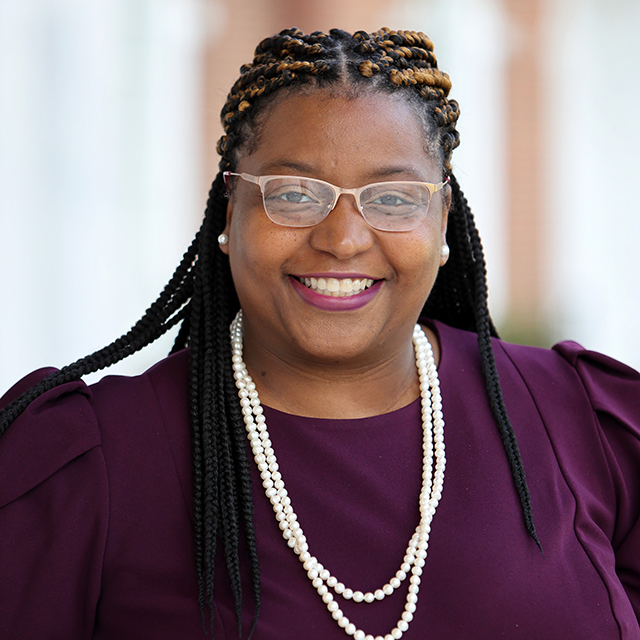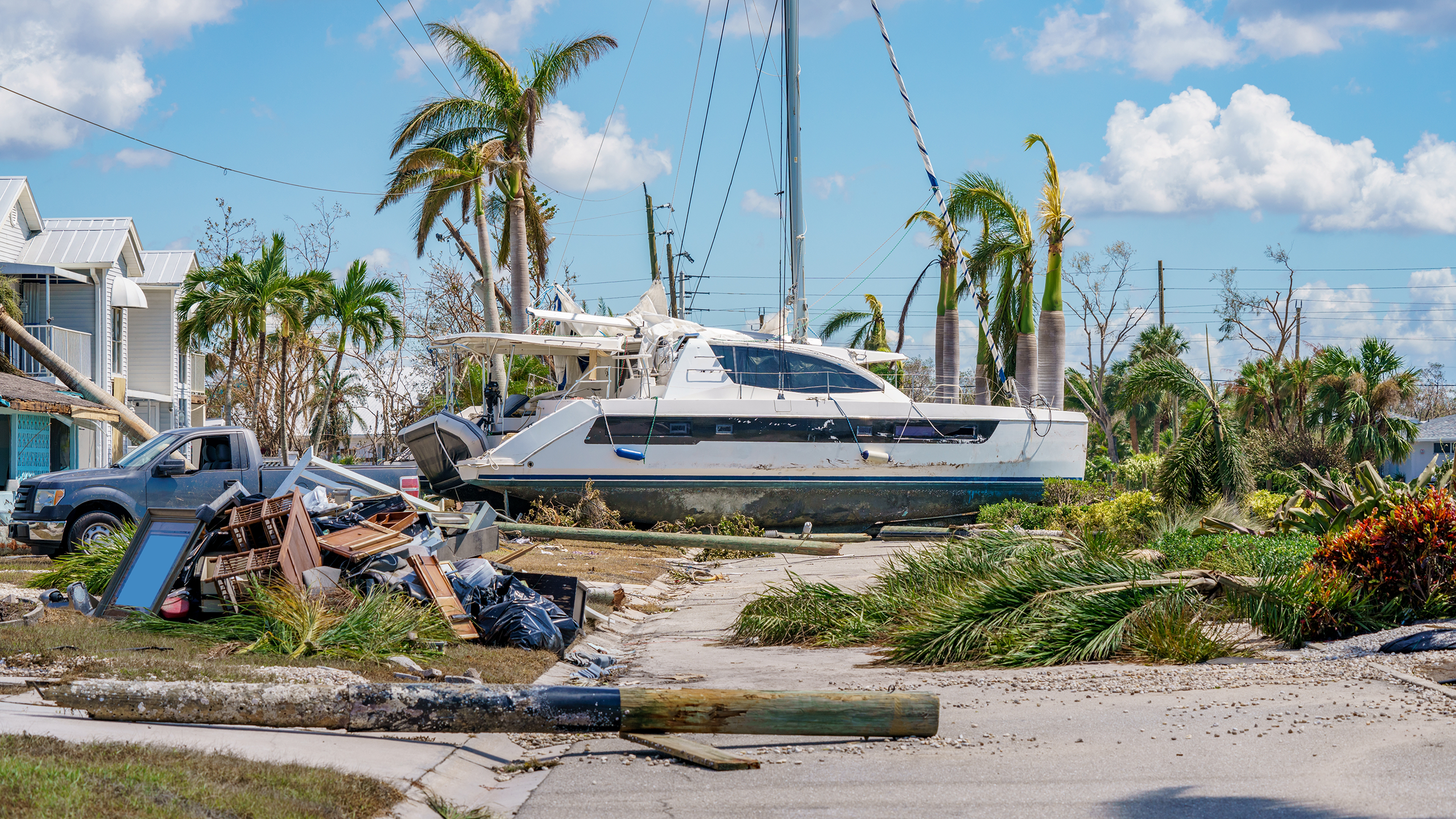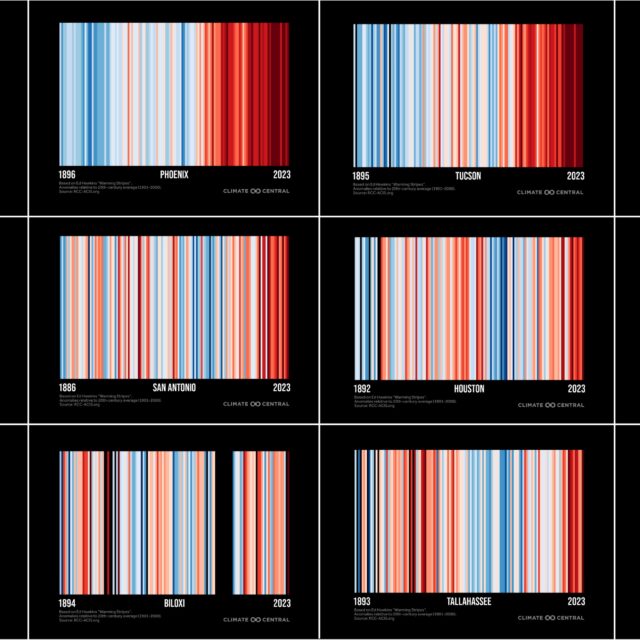Listen and subscribe to us on your favorite podcast platform
…It’s been kind of a pendulum swing between we know that we have a problem in preparing and mitigating, but yet we, because we’ve been hit so many times, we’re really succinct at recovering… They haven’t been able to—on the front end, on the mitigation end, on the pre-planning end—come to a consensus on how do we handle insurance and protect vulnerable populations and create resilience?
—Latisha Nixon-Jones, associate professor of law at Jacksonville University
An influential and predictive set of events are currently playing out in Florida around climate, real estate, and insurance, which the rest of the nation would be well-served in keeping within their sights.
As the third largest and notoriously weather-beaten state, Florida has added 3.1 million new residents within the last decade—an amount greater than the entire population of Arkansas. This population boom in conjunction with more frequent, climate-fueled disasters, is placing an unprecedented and potentially unsustainable strain on the Florida insurance market.
Within the last few years at least 15 commercial insurance providers have either pulled out of the state or closed, after experiencing historic underwriting losses amid various natural and legal circumstances. A lack of private insurance options has driven home and auto premiums two to three times higher than the national average in parts of the state, while significantly diminishing the quality of coverage.
While the governor and state legislators are taking steps to repair private insurer’s ability to remain solvent by providing a subsidy to purchase reinsurance or attempting to clamp down on consumer litigation, a larger aspect of the equation seems to remain ignored.
The state has become adept at recovering after a storm, but many experts argue there is still much to be desired in Florida’s climate adaptation and resilience efforts. This could potentially lead to an “insurance bubble,” as more human and physical capital flocks to its threatened shores.
In this episode, Ten Across founder Duke Reiter and disaster law professor Latisha Nixon-Jones assess the way forward for Florida regulators and homeowners as the conditions for an insurable market are appearing to deteriorate.
Guest Speaker

Latisha Nixon-Jones is an associate professor of law at Jacksonville University. As a scholar of disaster law, Latisha is focused on the intersection of administrative and insurance law and how it pertains to disasters and community resilience. She is also the recipient of the 2020 COVID-19 Research Innovation Award from the University of Oregon for her analysis of COVID and its disproportionate on vulnerable communities.






